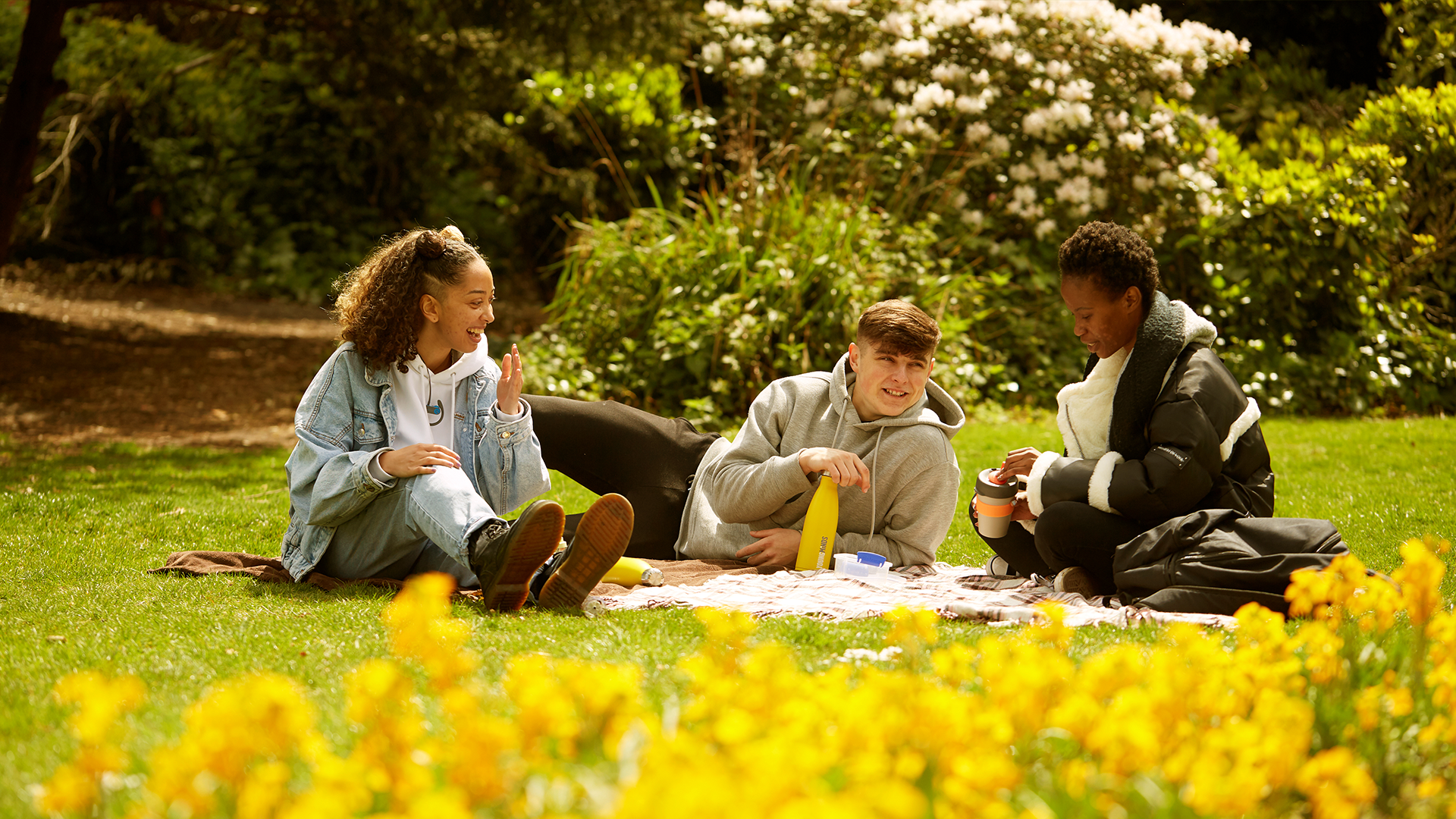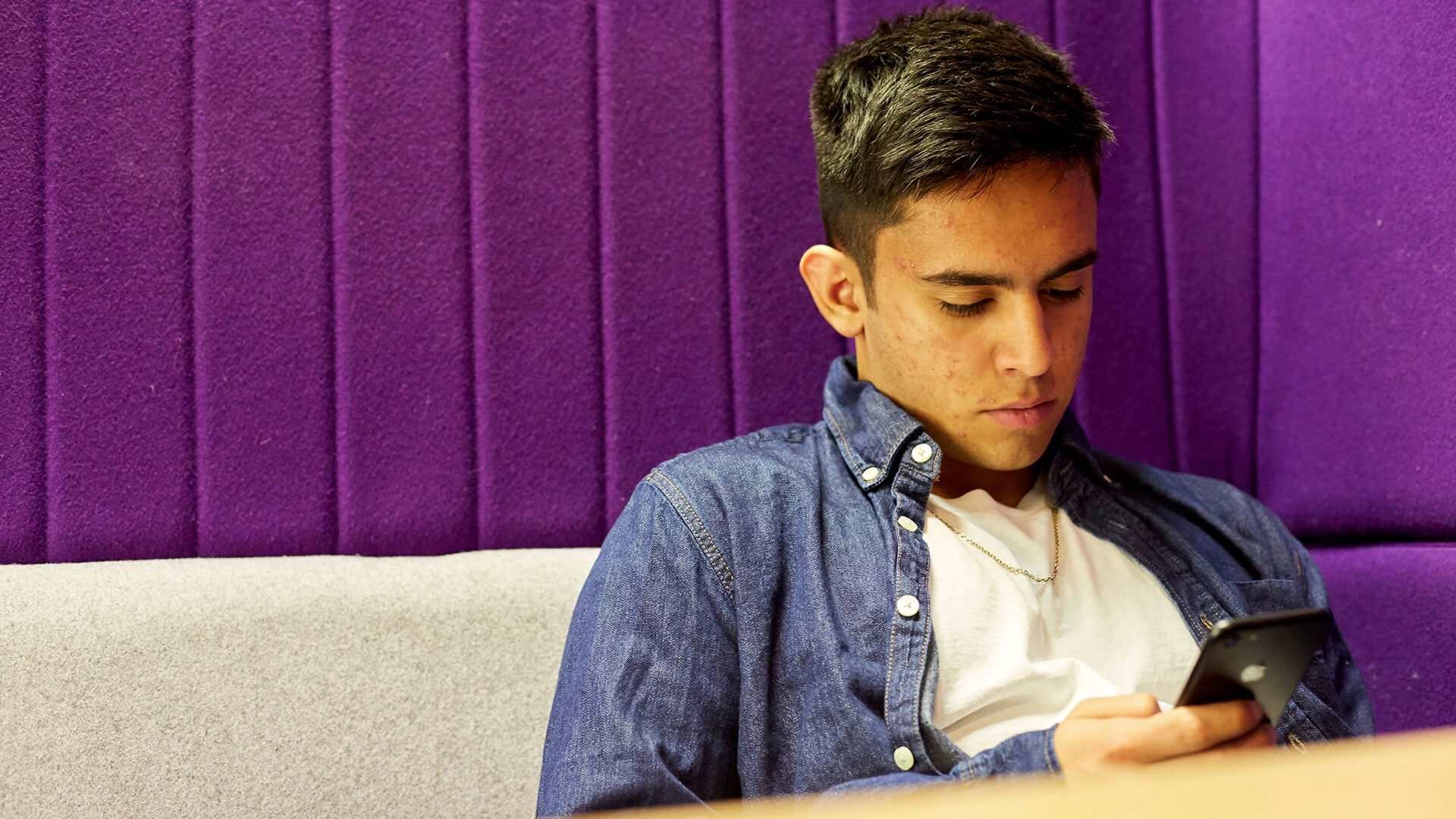
Abuse can take many forms, and it’s not always easy to recognise. But whatever you’re going through, it’s not your fault. Our guide can help you understand what’s happening, find support and feel safe again.

If you’re struggling with addiction, there are things you can do to get better. Find out more about addiction, the signs and symptoms, and what support is out there.
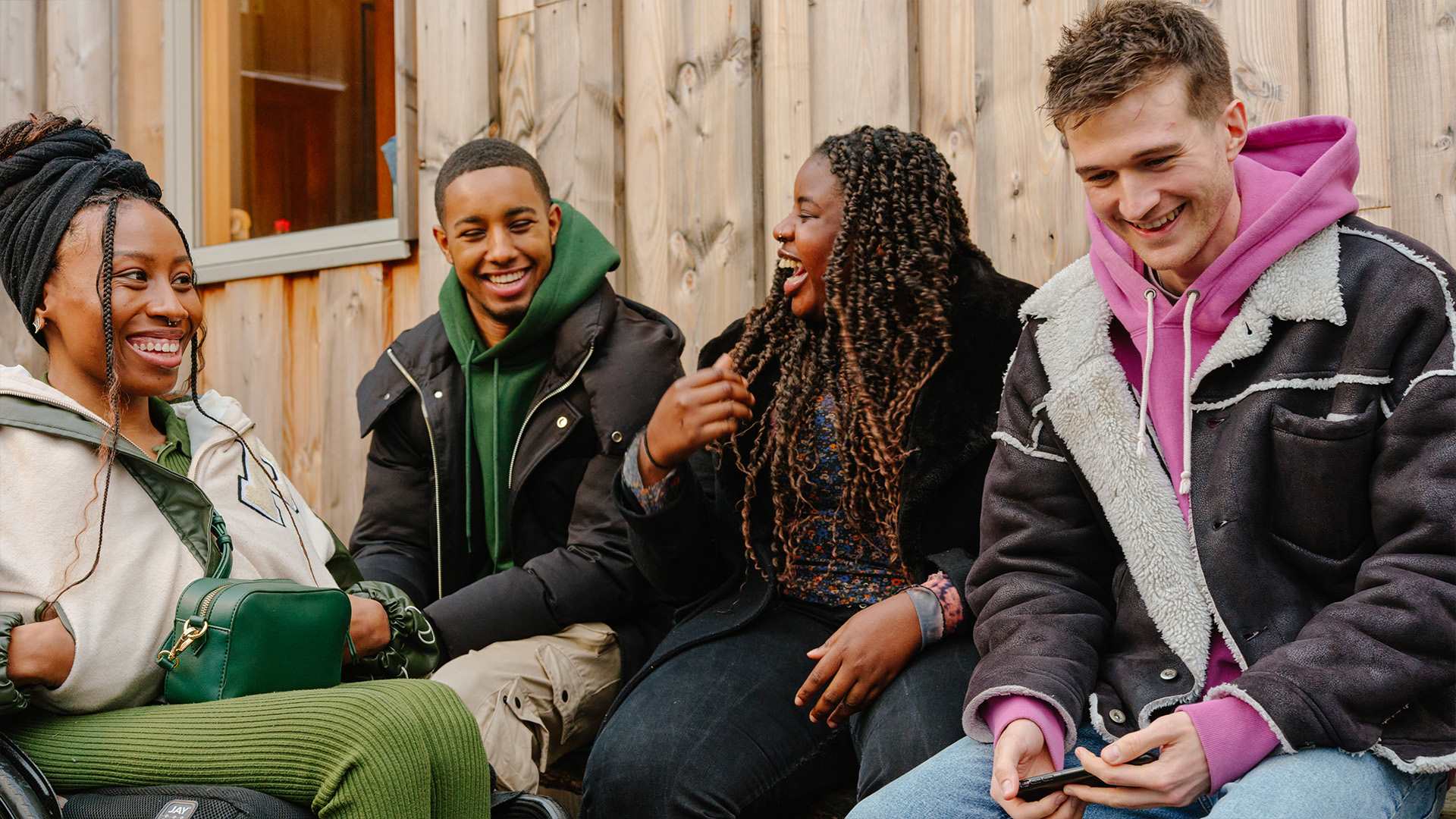
Body image is how we see, think and feel about our own body. Lots of people get worried about how they look or what other people think. If you're finding it tough to feel good about your body, we have some advice that can help you.

If you're being bullied, whether it's online or at school, university or work, it can be tough and really hurtful. We’re here to offer advice on reaching out and getting the support you need.
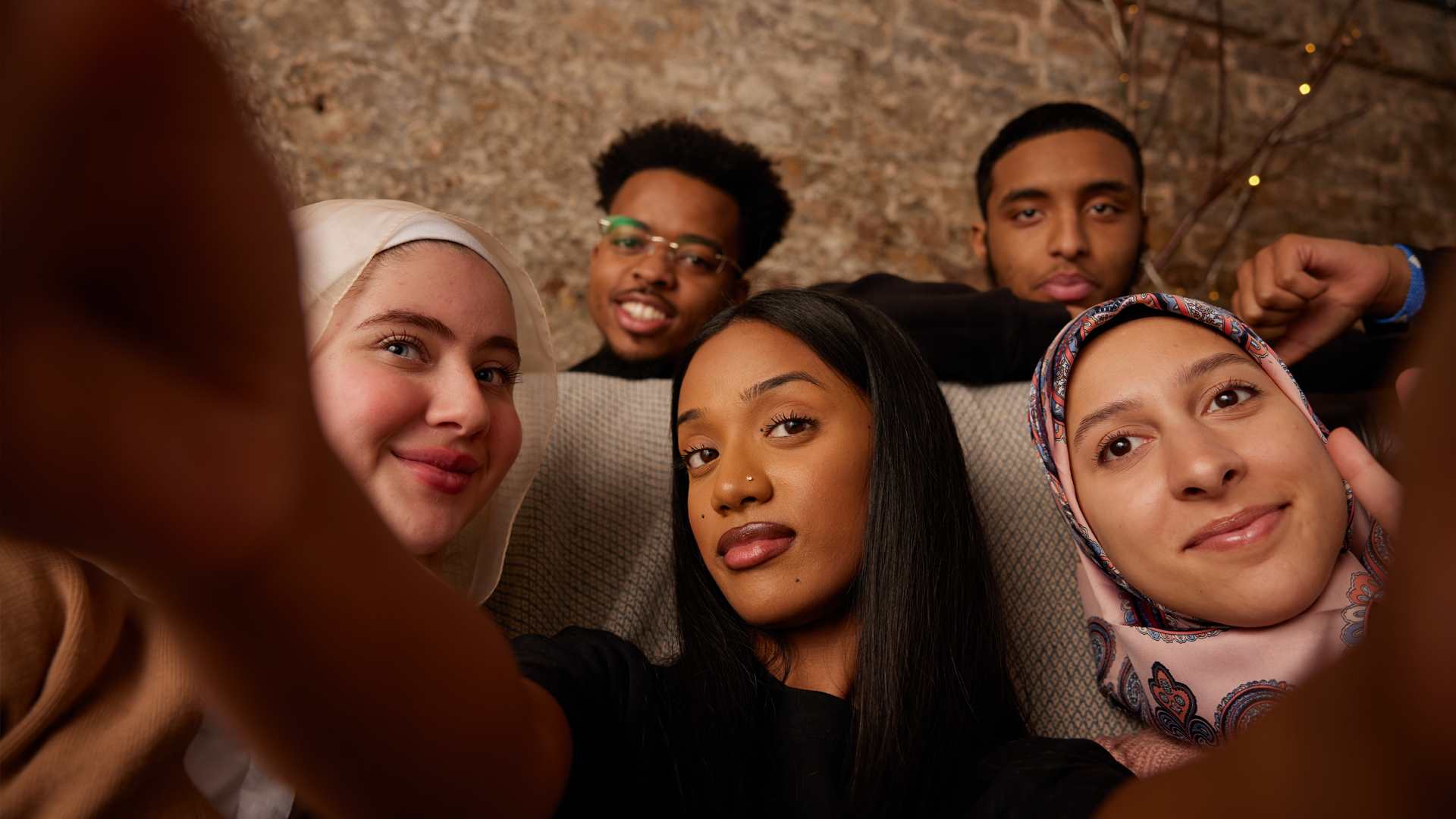
What is cultural identity and how can it affect our mental health? Find out more, including how to look after yourself while navigating pressures or expectations from a culture or community you belong to.
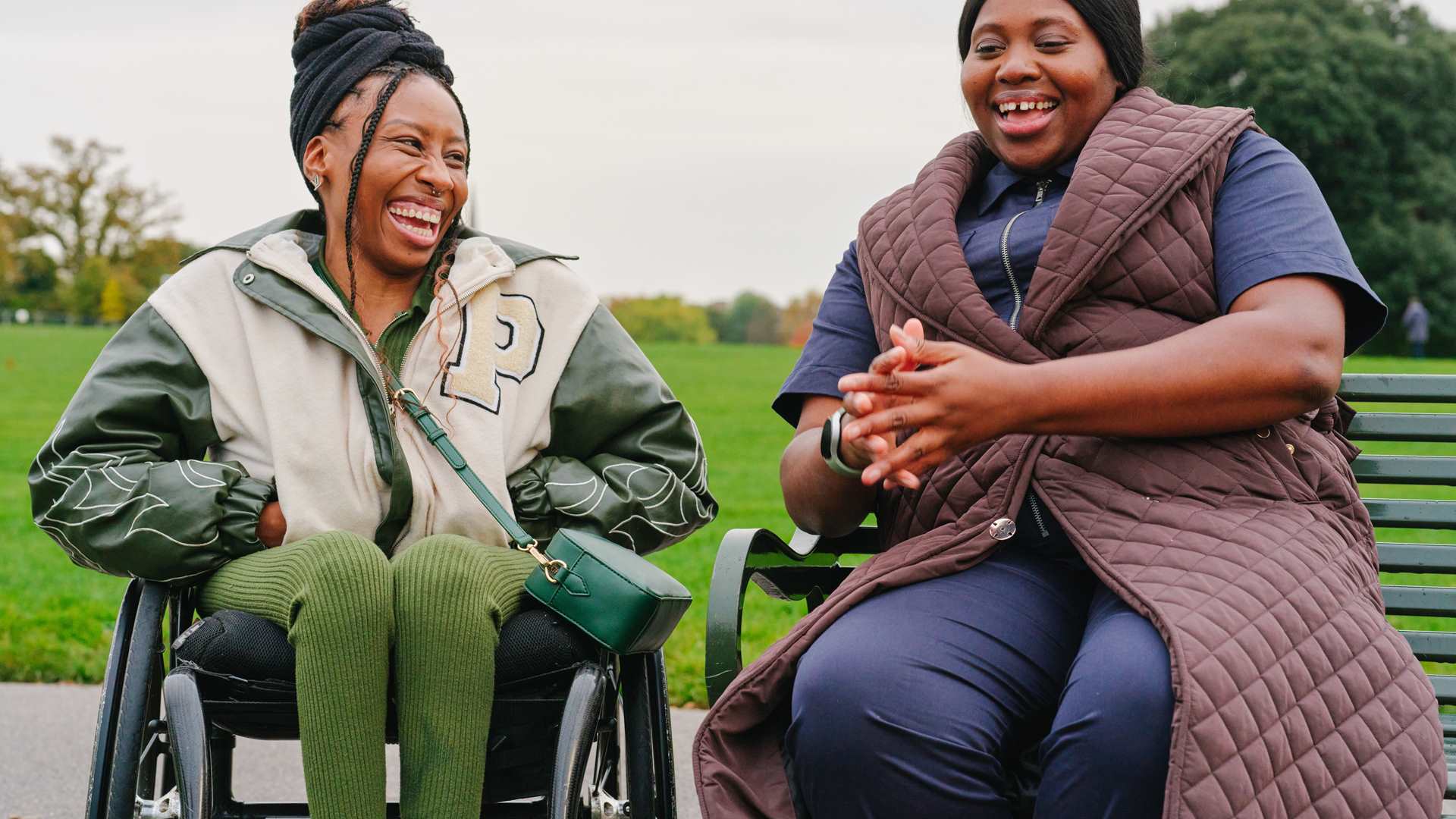
Disability and mental health intersect in various different ways. Find out more and read tips for looking after your mental health created by and for Disabled young people.

Read our guide for the facts on drugs and alcohol, how they can affect your mental health, and advice on what to do if you need support.

Pressure to do well in exams can be overwhelming and affect your mental health. Here's our advice if it's all getting a bit too much.
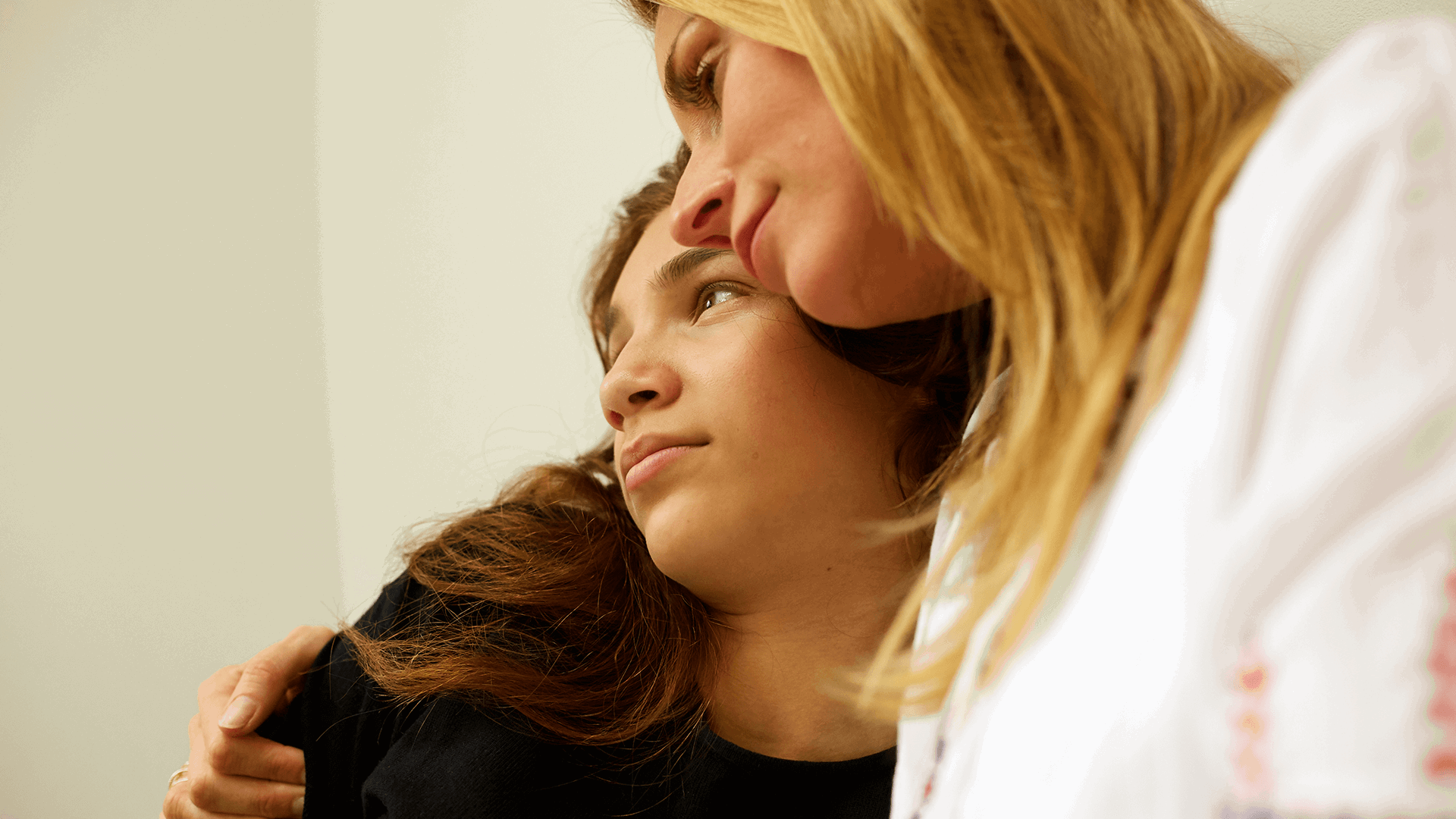
Family can be a huge support for your mental health but sometimes, things between you and your family may not always be easy. If you're struggling with your family, take a look at our advice.
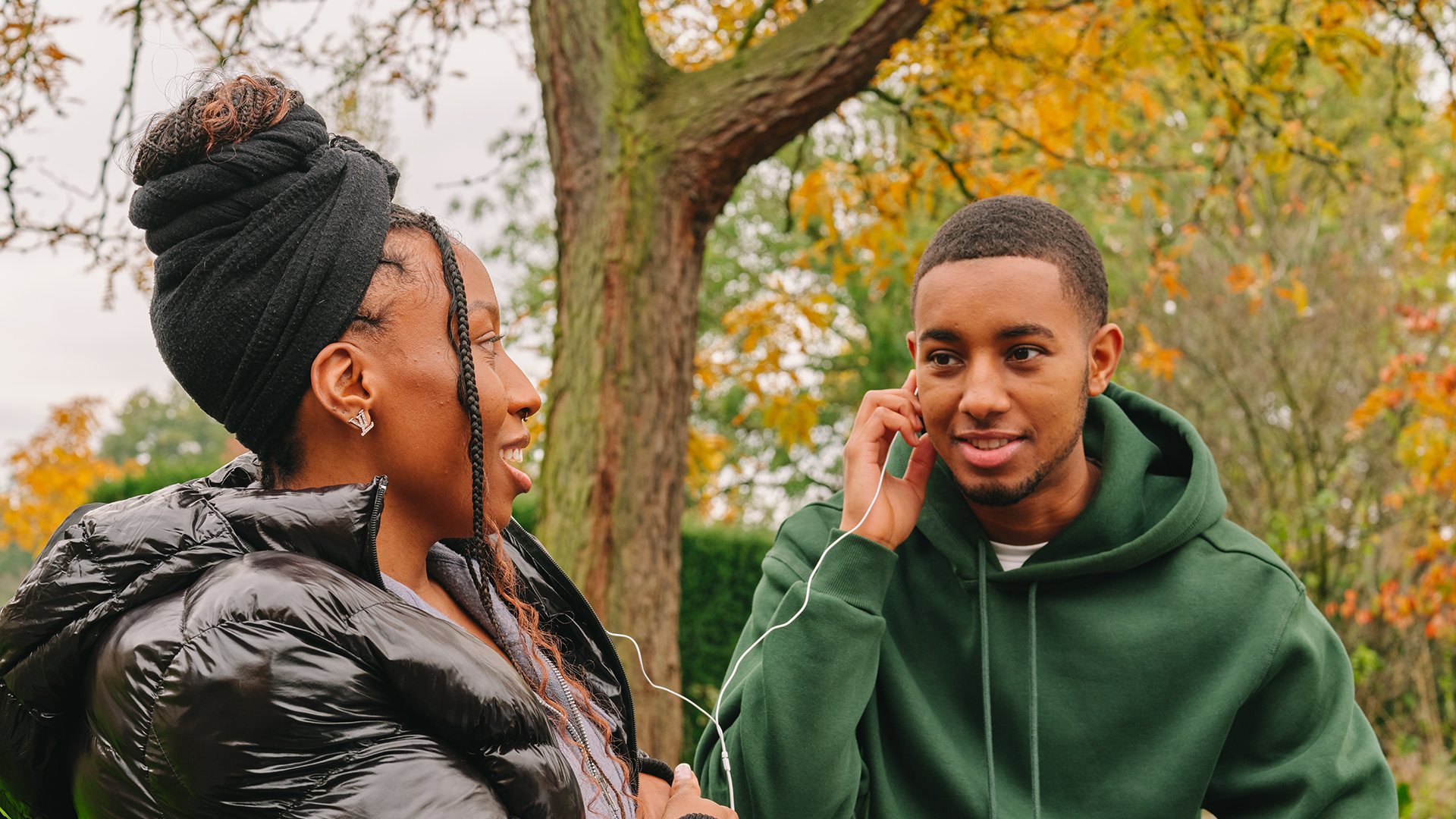
Friends can be a big help for your mental health, but sometimes things change. If you're not getting along with friends right now, you've had a fallout, or you just feel uncomfortable in your group, our tips and advice can help you through it.

Gaming can be a great way to relax and hang out with friends. But sometimes, gaming can get in the way of things like studying or sleep. Our tips can help to keep your gaming positive and balanced.

Being Trans, Non-binary or questioning your gender in any way is not a mental health problem. But coming to terms with your gender identity isn’t always easy, and sometimes what you’re going through can impact your mental health.
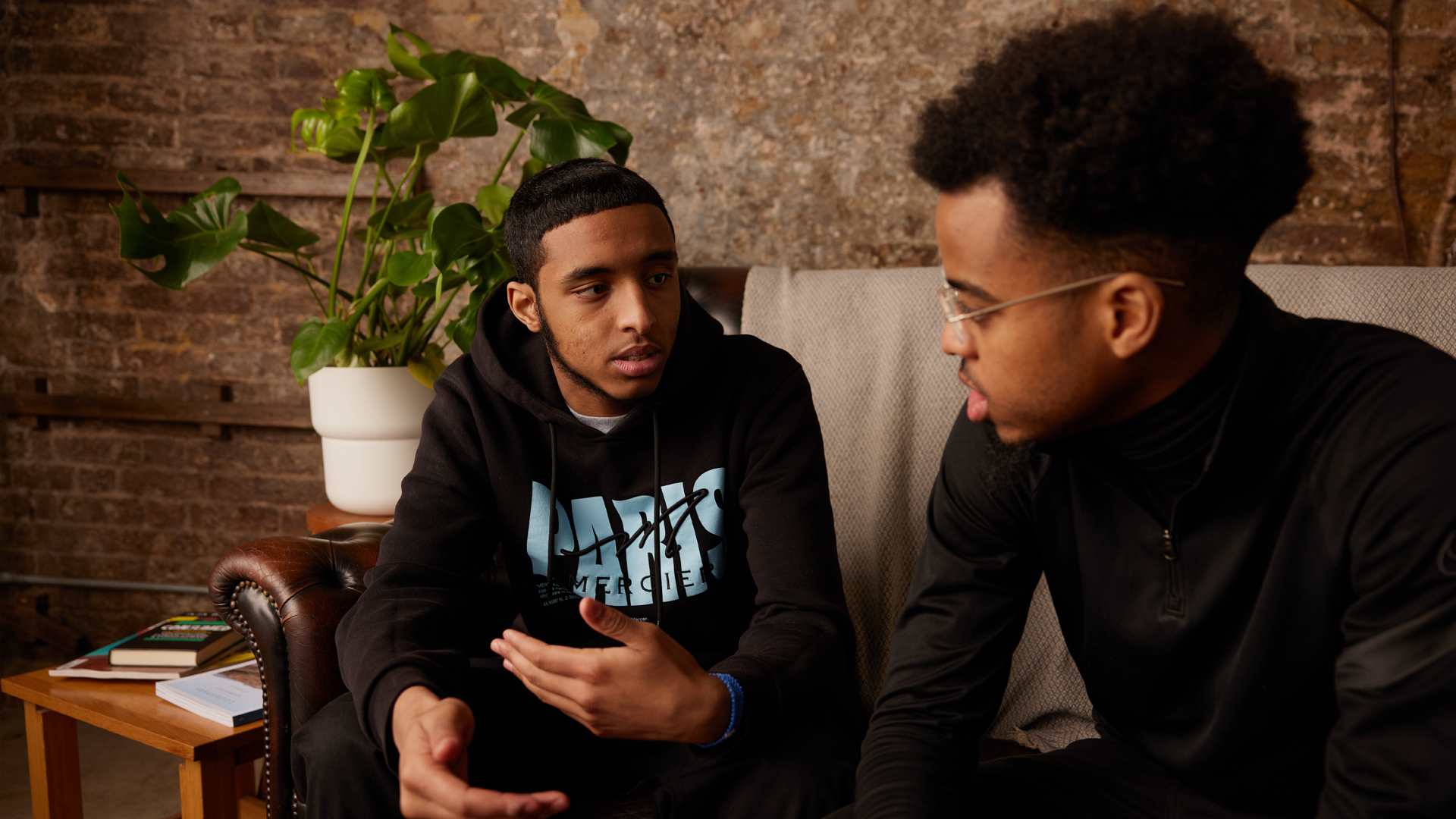
Our information and advice created with young Muslims can support you if Islamophobia is affecting your mental health.
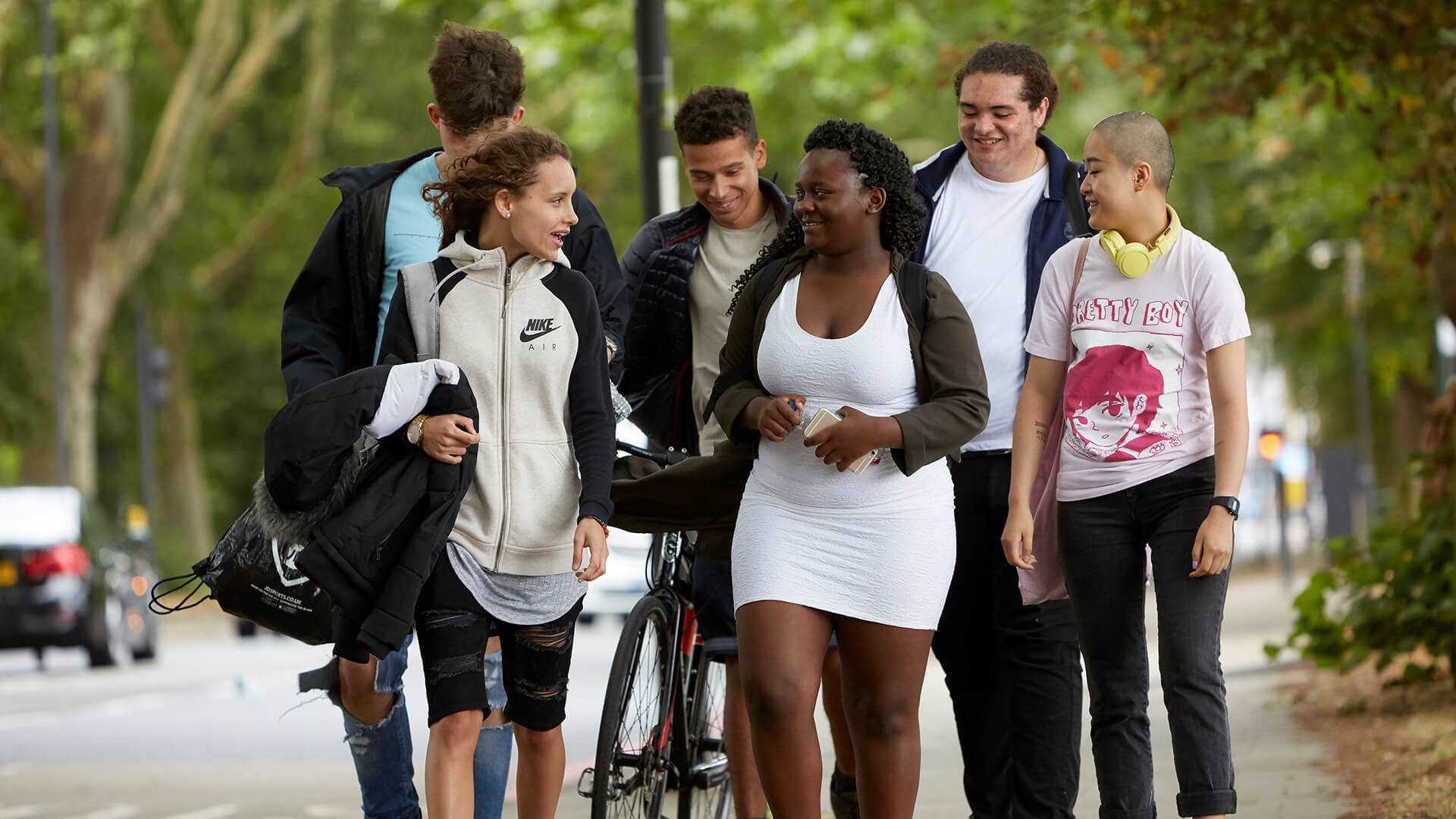
University is a really exciting time in your life, but it can also be stressful and overwhelming. Our guide can help you prepare and find ways to look after yourself.
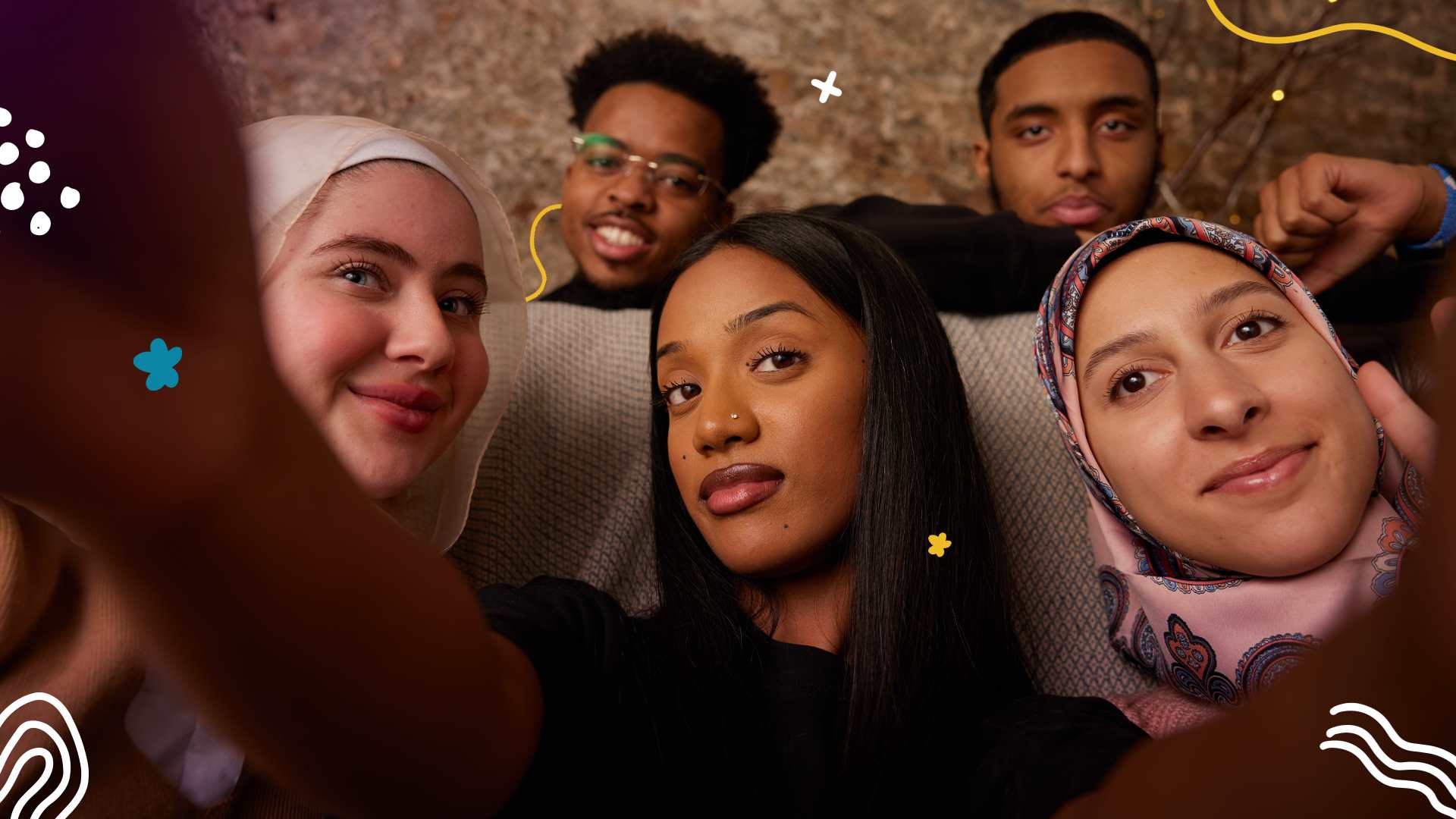
Check out our faith-friendly information and advice, shaped by the voices of young Muslims and created in partnership with Muslim Youth Helpline.
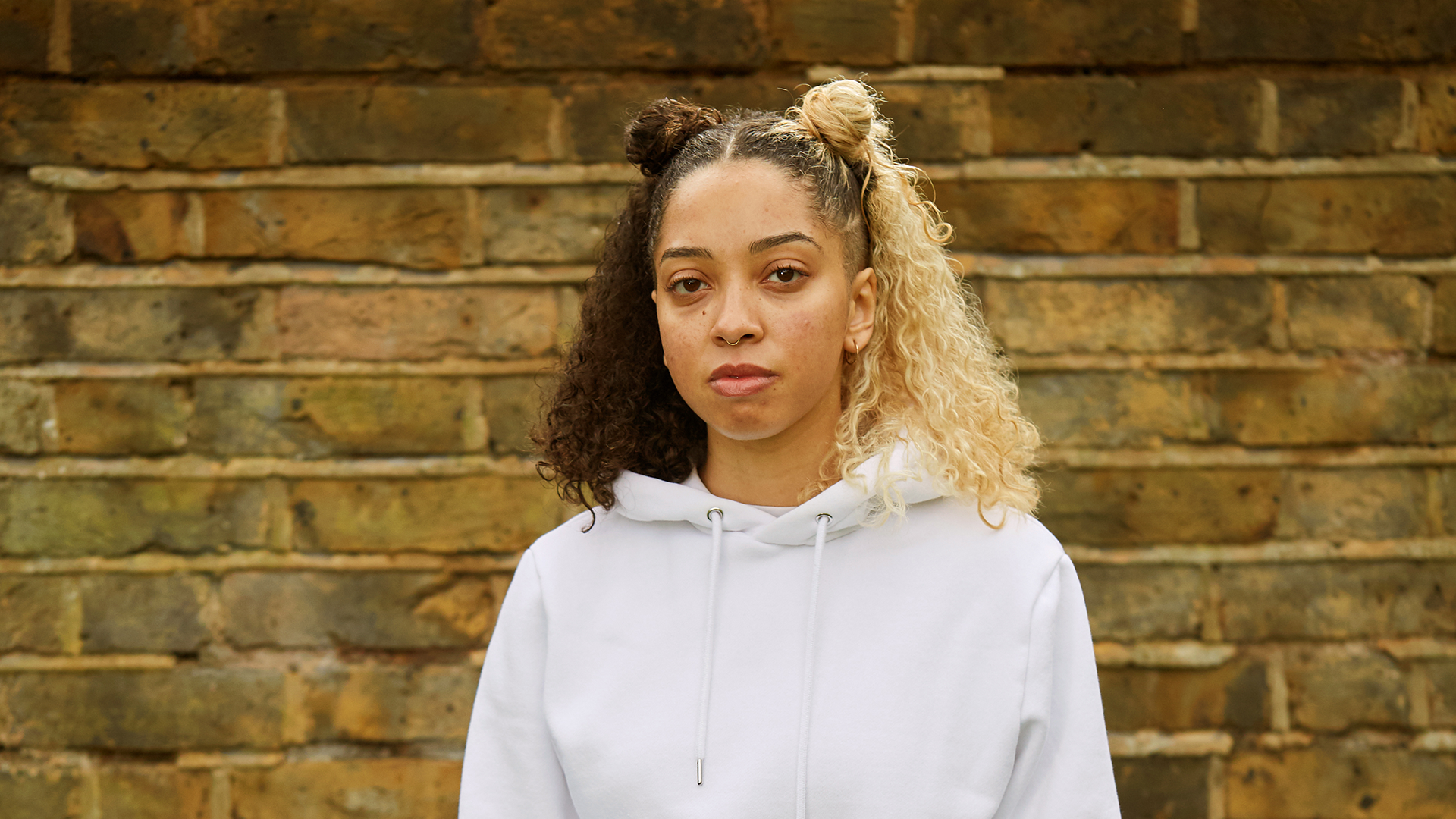
Worrying about money can really impact our mental health, but help is available. Find out what support there is and how you can look after yourself.

School can be great, but it’s not easy for everyone. If you’re finding school tough, our guide can help you get the support you deserve.
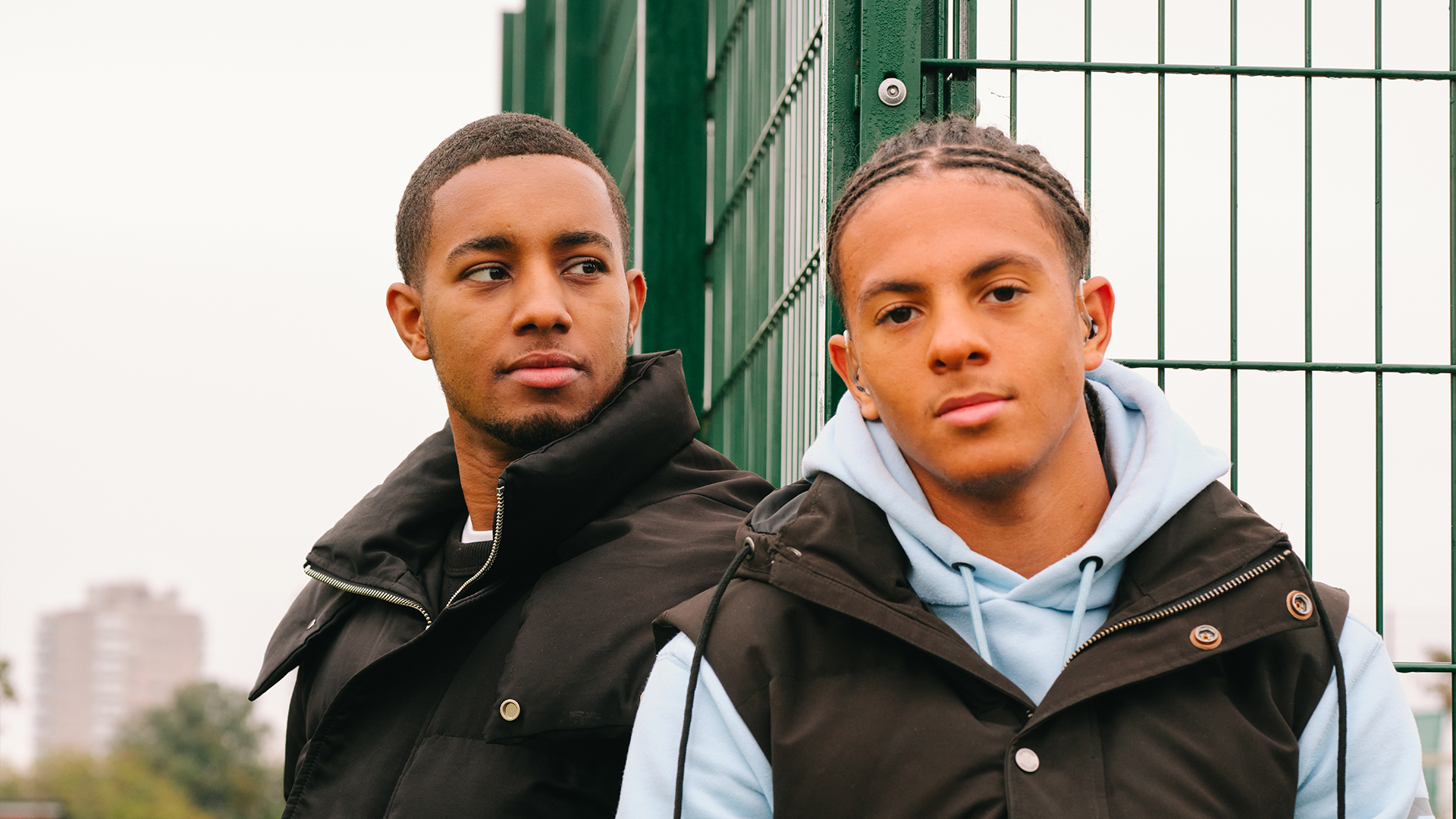
Being treated differently or unfairly because of your race, skin colour or ethnicity can really impact your mental health. It’s not okay, and it’s fine to feel upset about it. Here’s some advice on support after you've experienced racism.
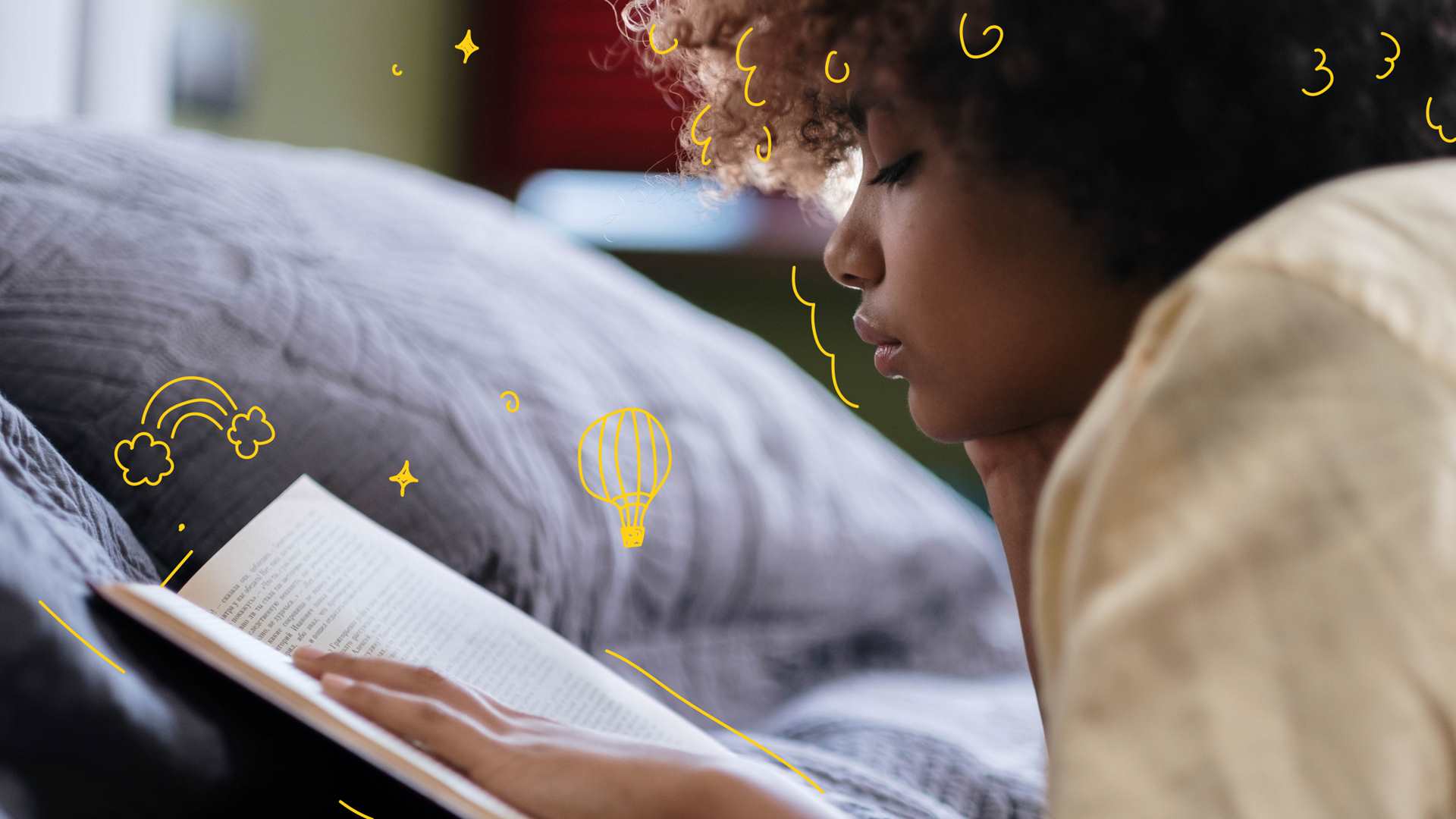
What is self-care and how can it help your mental health? Read our information and advice on what self-care means and how to find what works for you.

It’s normal to have ups and downs, but if you’re struggling, there are things you can do that can really help. Check out our faith-friendly guide to self-care and how to practise self-care that's right for you.
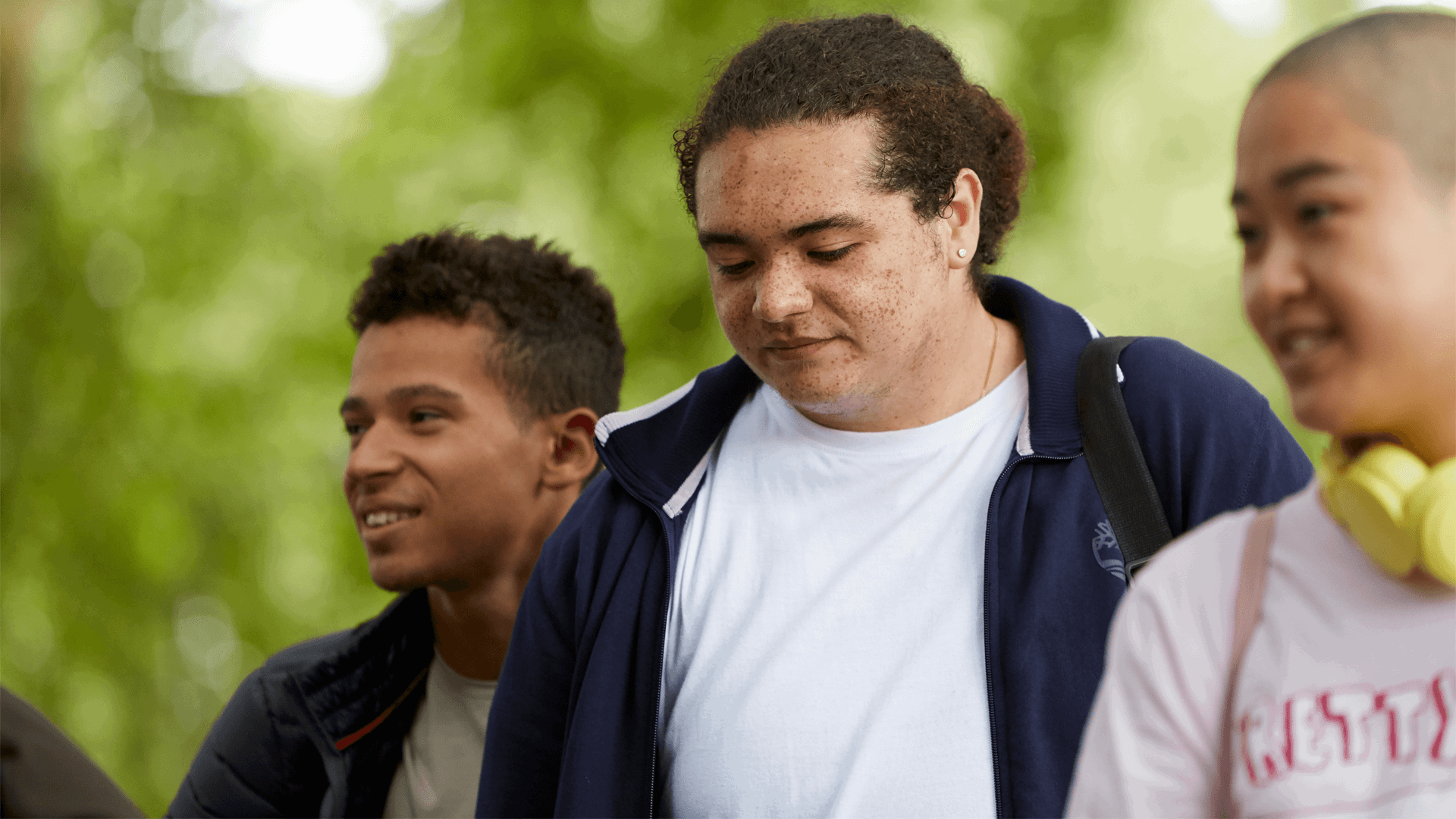
Self-esteem is how you think and feel about yourself. It’s not just about how you look, but also how confident you feel. Our tips can help you believe in who you are.

Being LGBTQIA+ isn’t a mental health issue, and it doesn’t cause mental health problems. But dealing with uncertainty, pressure, or judgement about your sexuality can be tough.
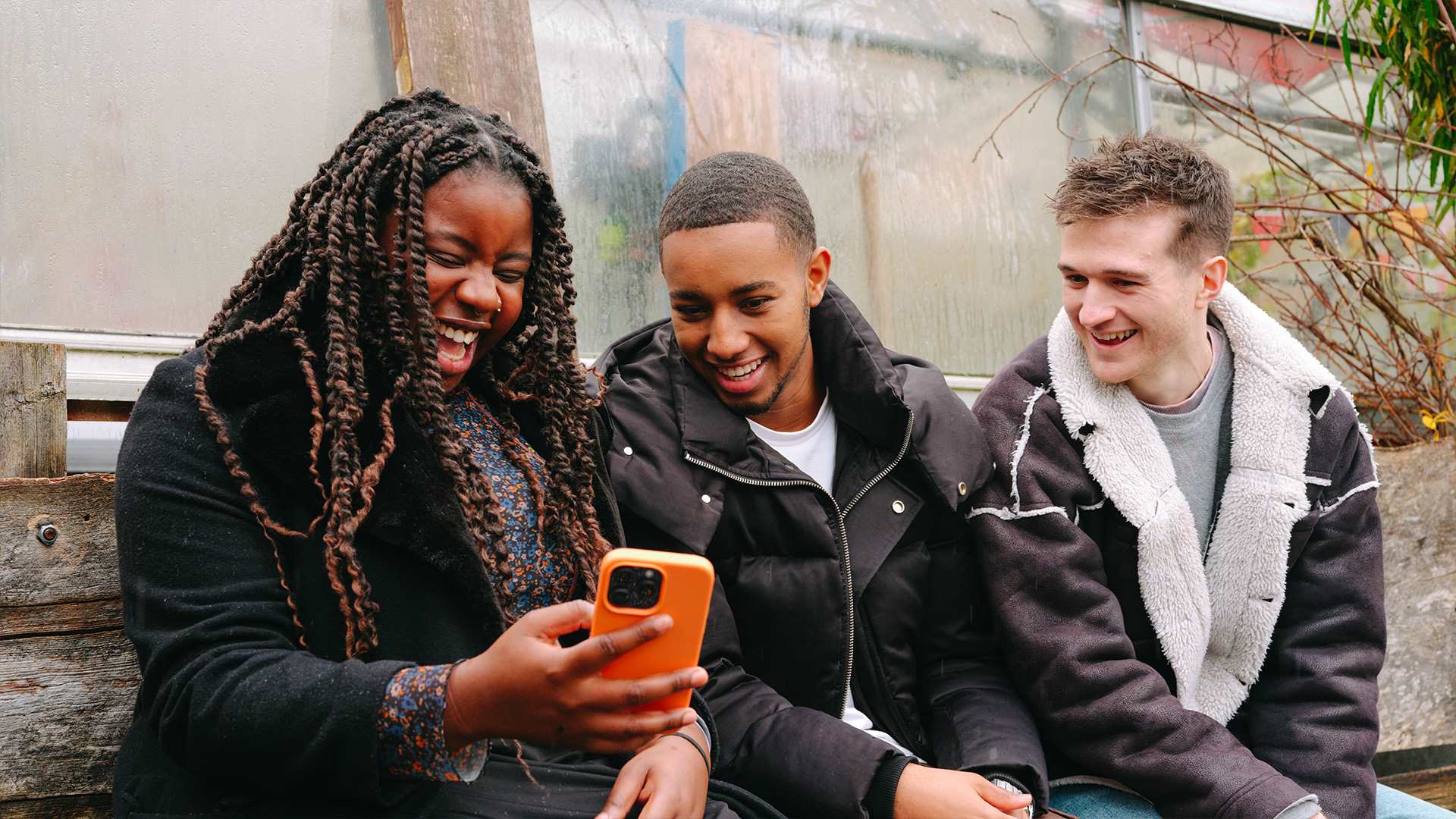
Social media can have a positive impact on your mental health. But it can also make you feel anxious and overwhelmed. Our advice can help you stay in control of your feed and look after your mental health online.
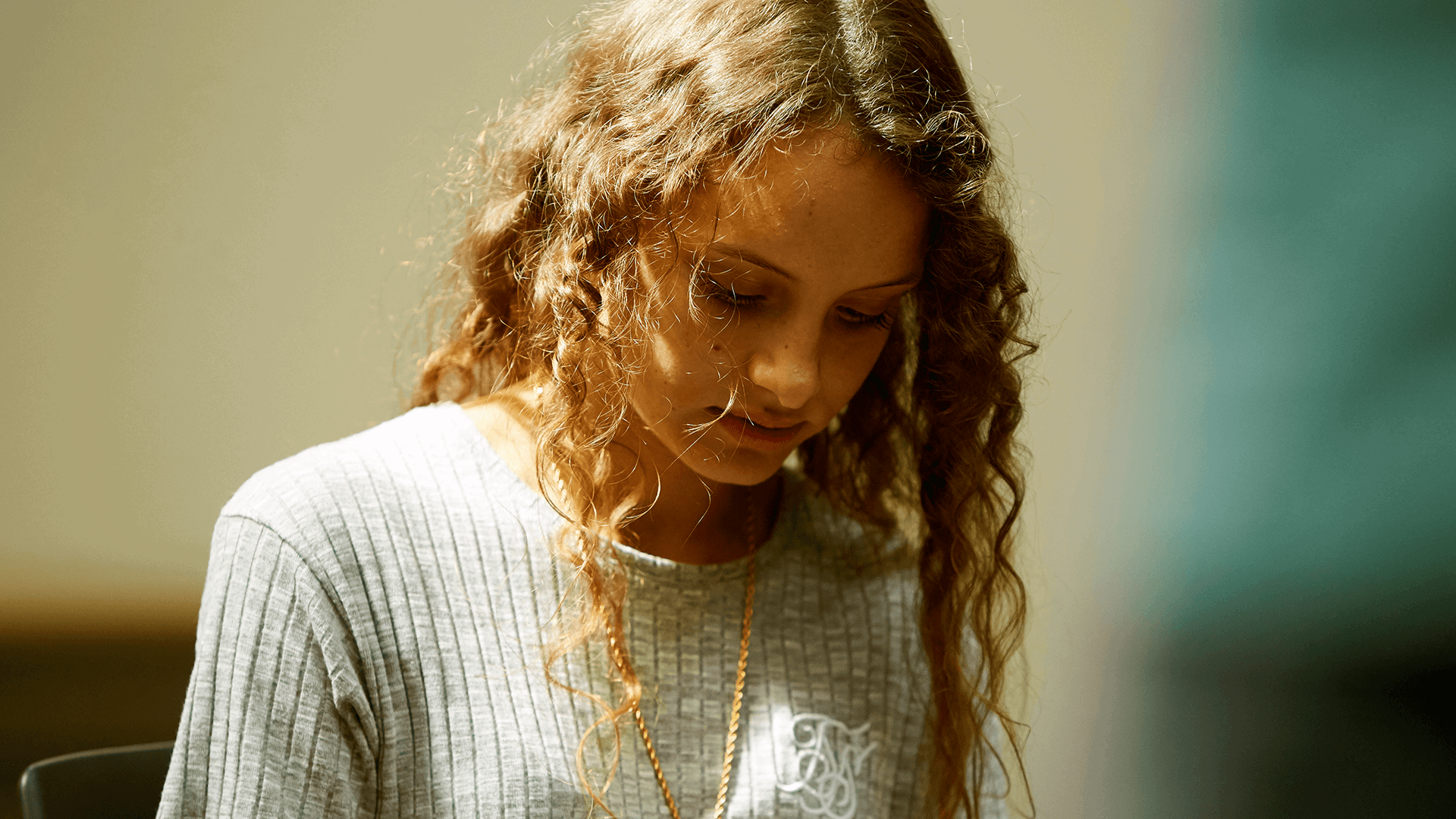
Trauma can affect your mental health in lots of ways. Read our guide for information on what trauma is, how it can affect you, and what help is available.

Sometimes what we see in the news and everything that’s going on in the world can feel really overwhelming. It’s normal to feel like this when you’re faced with difficult events. Our guide has tips that can help.

Being a young carer can be really rewarding, but it can also be overwhelming. Our advice explains what young carers do, how to tell if it’s getting too much and what steps you can take to get the help you need.
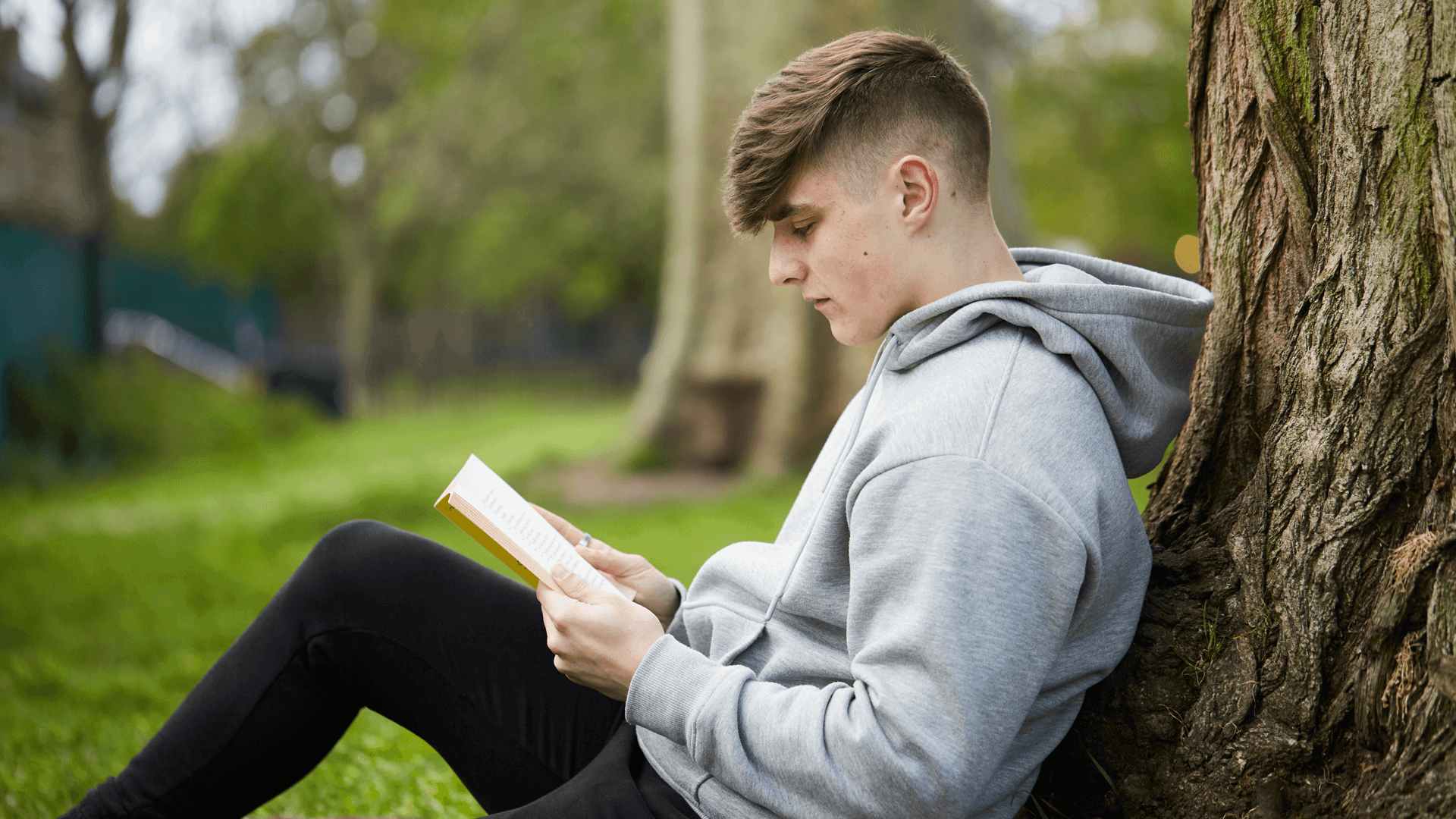
We all go through times when we feel worried, confused or down. But when it starts to feel difficult to do everyday things it could mean we have a problem with our mental health.
